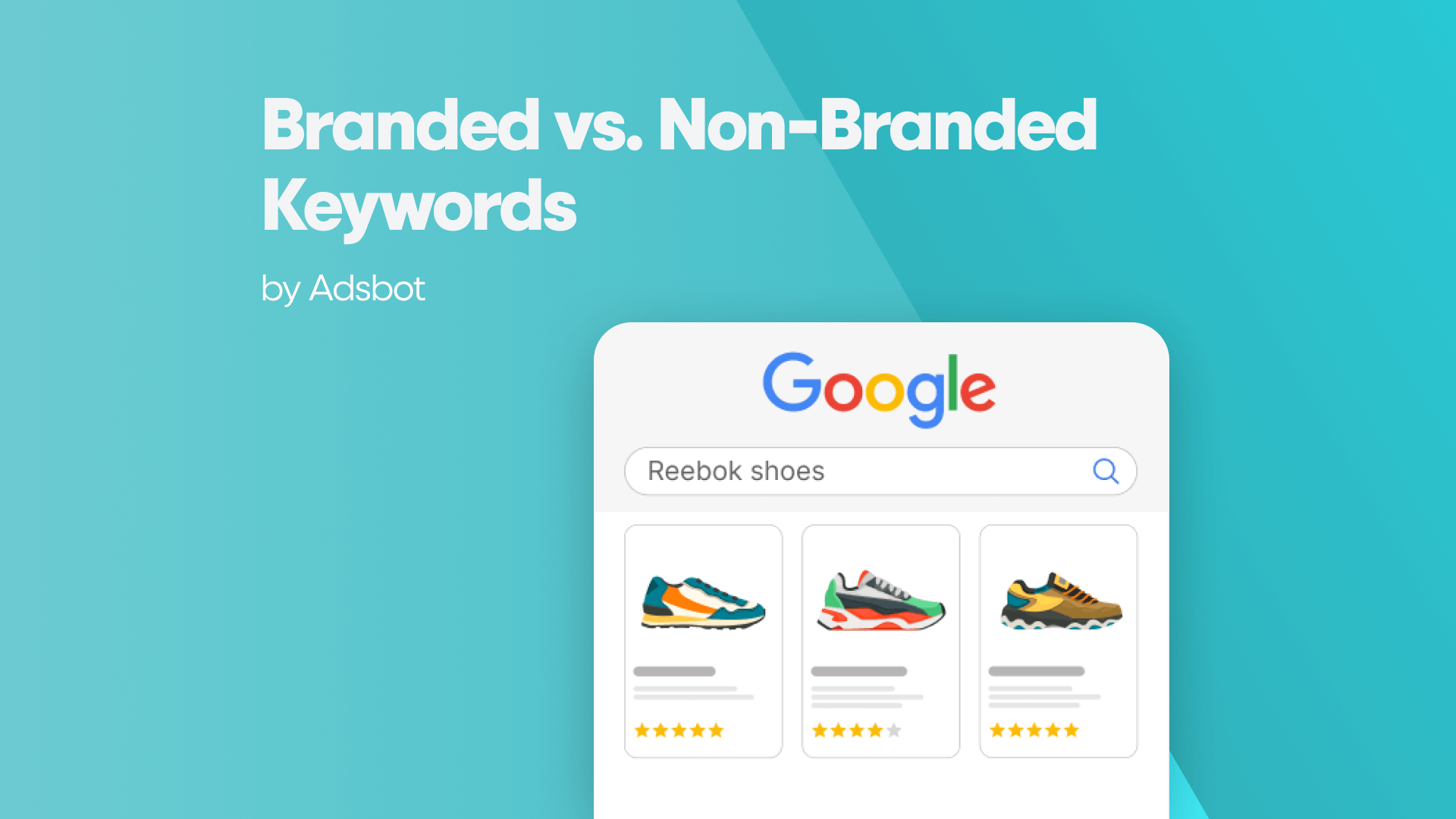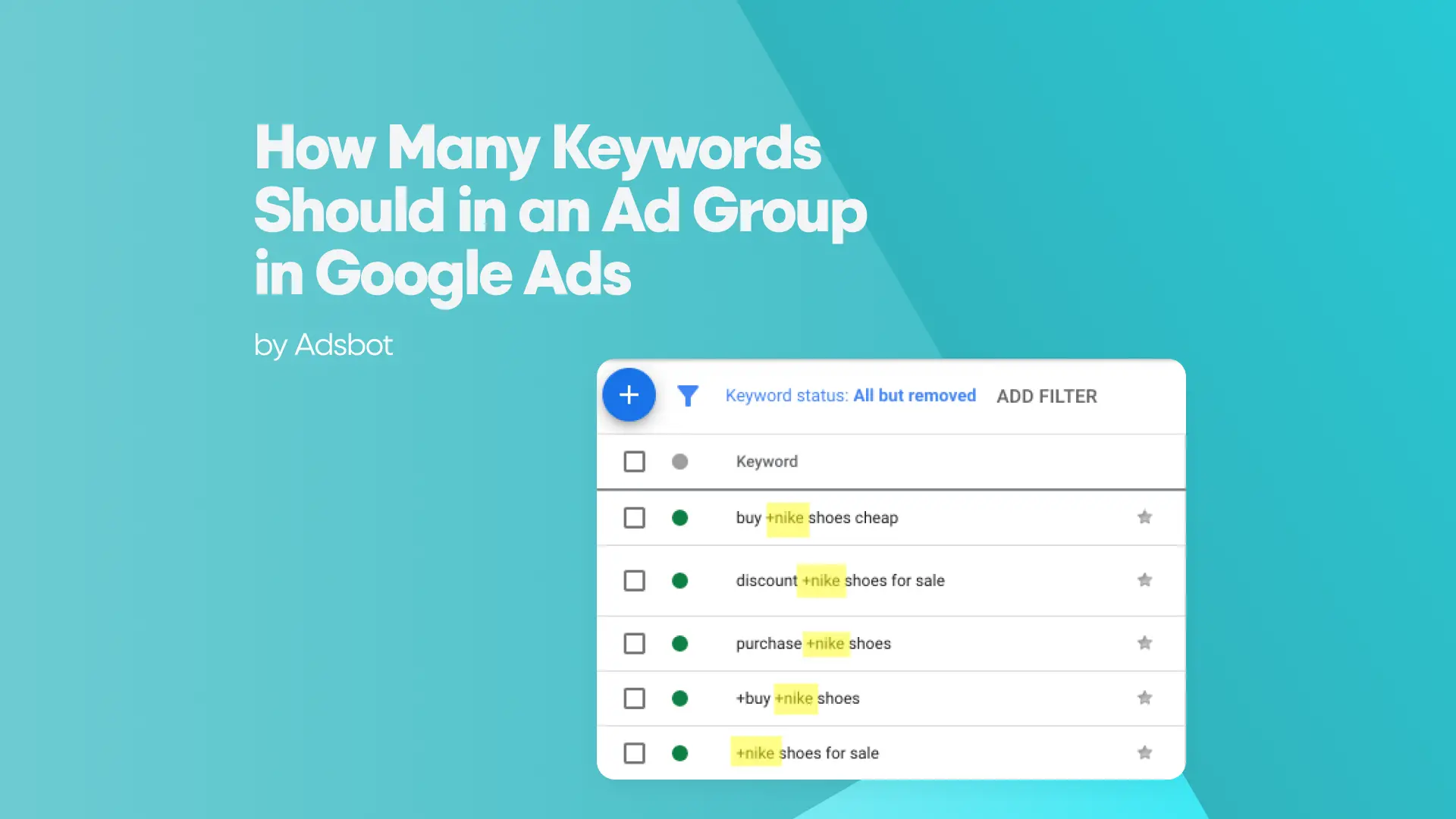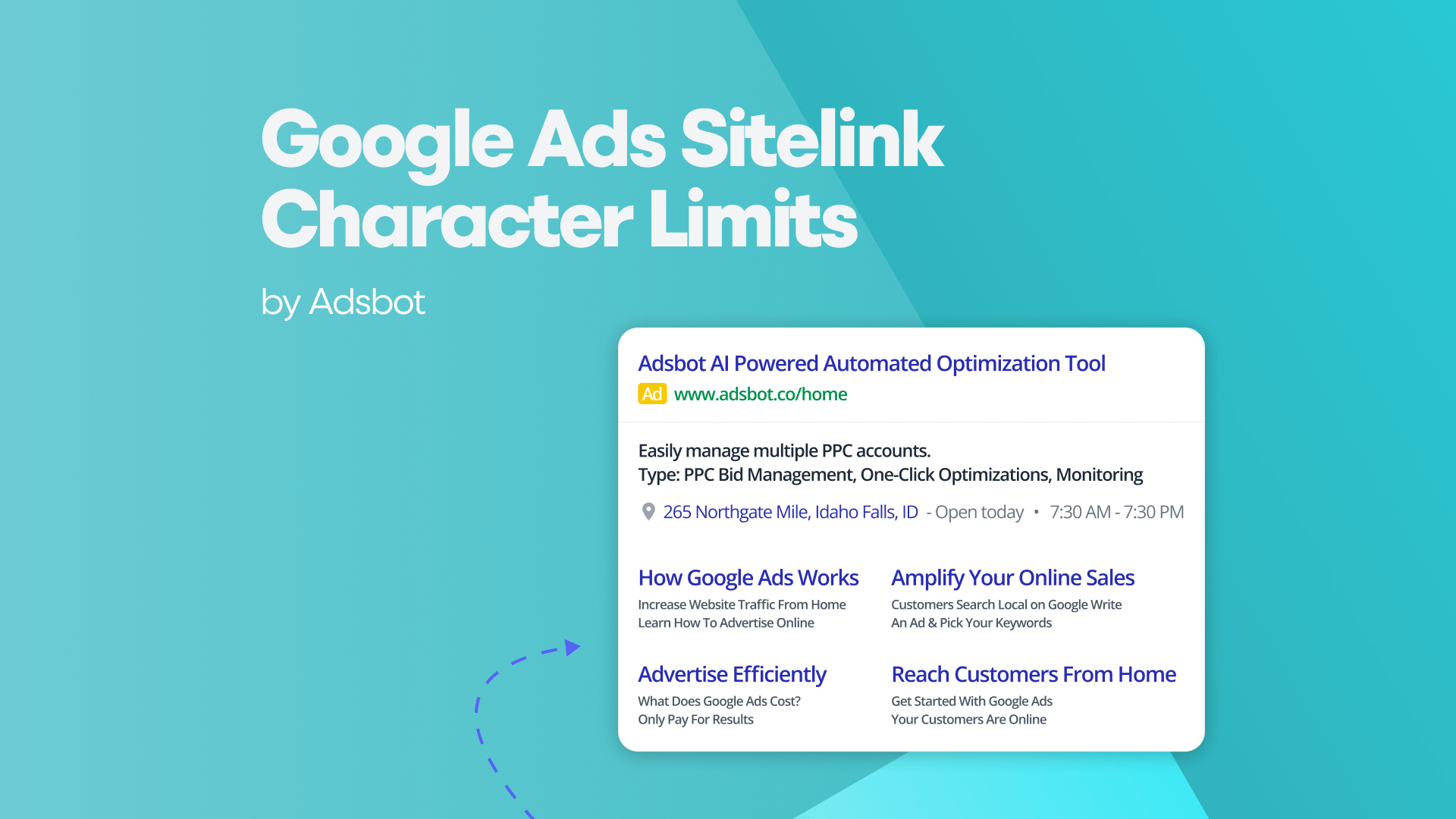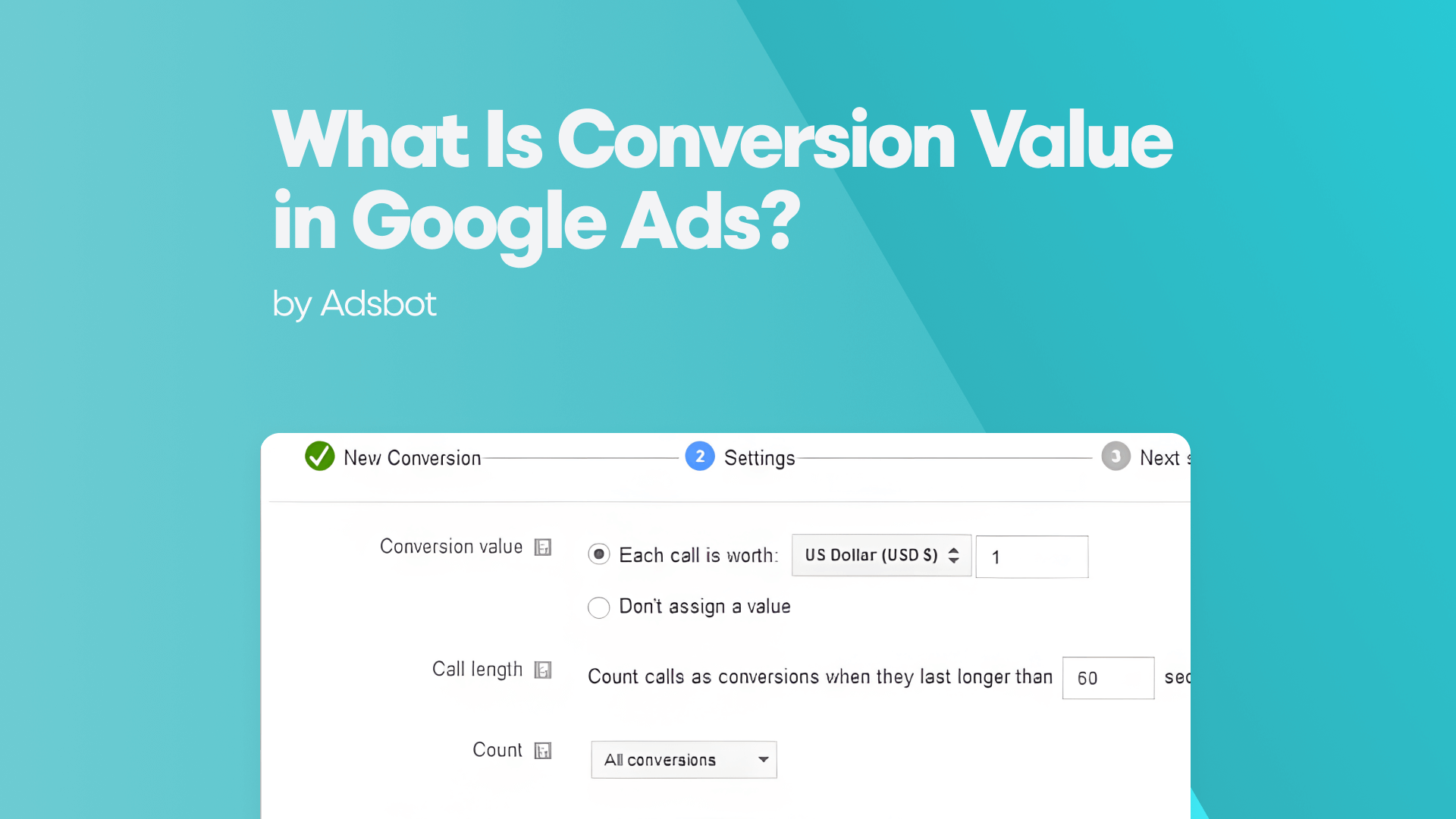Within the field of digital advertising and the intricate world of search engine optimization (SEO), the decision between employing branded and non-branded keywords has immense significance. These two classifications of keywords serve separate functions in your digital strategy, and comprehending their disparities is imperative for efficacious marketing endeavors.
What are Branded Keywords?
Branded keywords are lexical units that include the name of your brand or enterprise. These terms are exceedingly particular to your enterprise and pertain exclusively to your merchandise, amenities, or the very essence of your brand. These specific keywords tend to attract individuals who possess prior acquaintance with your brand or are actively engaged in seeking it.
What are Non-Branded Keywords?
Conversely, non-branded keywords are inclusive search phrases that lack any explicit mention of a distinct brand or corporation. These vital terms center around the commodities, amenities, or subjects within your field of expertise, as opposed to any specific trademark. Unbranded keywords try to attract individuals who find themselves in the developing phases of their investigation and may not possess a specific brand.
What is the Difference Between Branded and Non-Branded Keywords?
The fundamental differentiation between branded and non-branded keywords reside in the user’s intent and cognizance. These key terms are correlated with individuals who possess prior knowledge regarding your esteemed brand and frequently find themselves deeper within the sales funnel. They are actively seeking your commodities or amenities and may possess an elevated propensity for conversion. Branded words are exceedingly particularized and meticulously customized to suit the unique identity of your esteemed brand.
Unbranded words capture a broader spectrum and captivate individuals who find themselves in the developing phases of their inquiry or deliberation. Although they may lack acquaintance with your brand, they are actively seeking knowledge or resolutions pertaining to your industry. Keywords that are not associated with any specific brand possess the inherent capability to access untapped demographics.
When to Use Branded and Non-Branded Keywords?
The determination to employ branded or non-branded keywords is dependent upon your marketing objectives.
Employ proprietary lexemes when your objective is to apprehend individuals who are already familiarized with your marque. These pivotal terms are highly efficacious in propelling conversions, particularly if one desires to augment sales, foster customer loyalty, or advocate for distinct merchandise or services. Cognominal keywords hold immense worth in fortifying brand fealty.
Unbranded lexemes or words hold significant worth in broadening your sphere of influence, enticing novel patrons, and fostering cognizance. Employ them when desiring to access a more extensive assemblage of individuals or when embarking upon the introduction of a novel merchandise or amenity. Unbranded lexemes possess the potential to be of great significance, especially when balanced with the constraints of the Google Ads character limit, ensuring that your messaging remains both impactful and compliant with ad platform requirements.
Popular Posts
-
How Many Keywords Should Be In an Ad Group in Google Ads?
Ever wondered if your Google Ads campaigns are packed with…
Read more -
Google Ads Script for Dummies: An Introduction
Imagine you have an e-commerce website that sells licensed superhero…
Read more -
Google Ads Sitelink Character Limits
Your Google Ads are cutting off in the middle of…
Read more -
What Is Conversion Value in Google Ads?
What if you could put a price tag on every…
Read more
Register for our Free 14-day Trial now!
No credit card required, cancel anytime.





